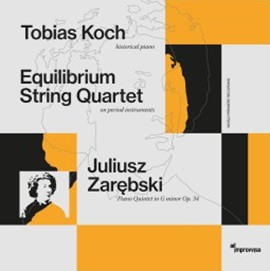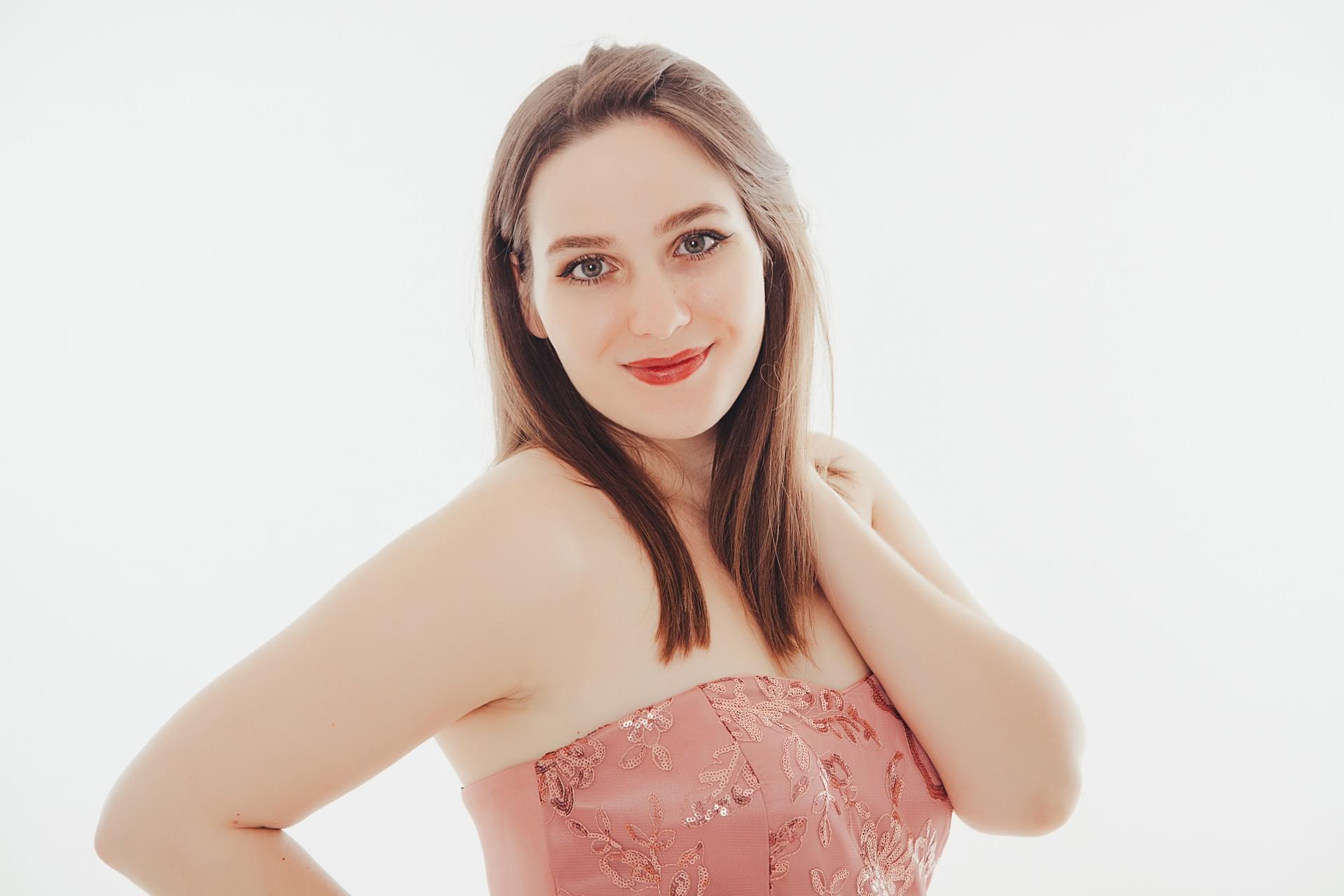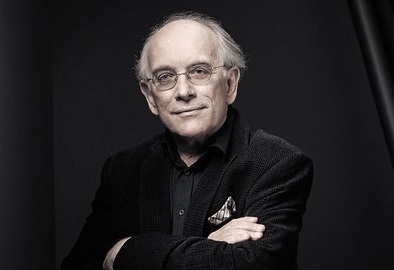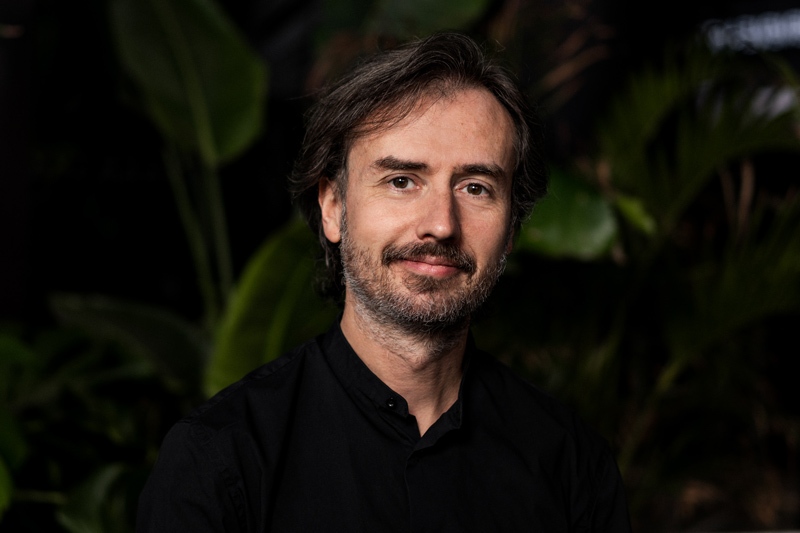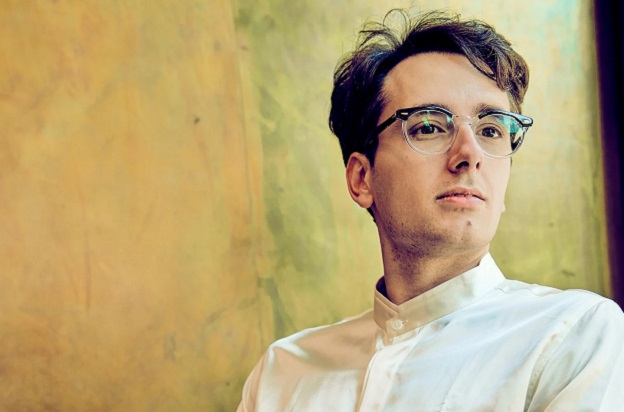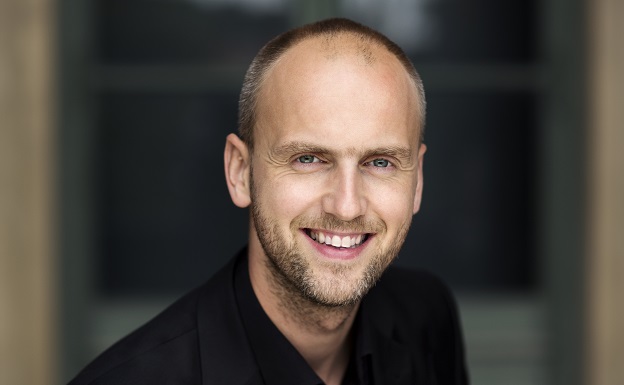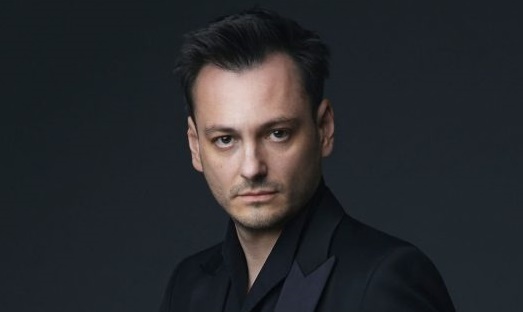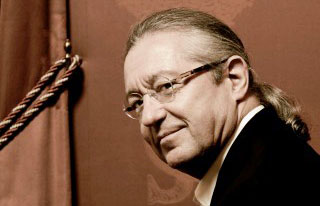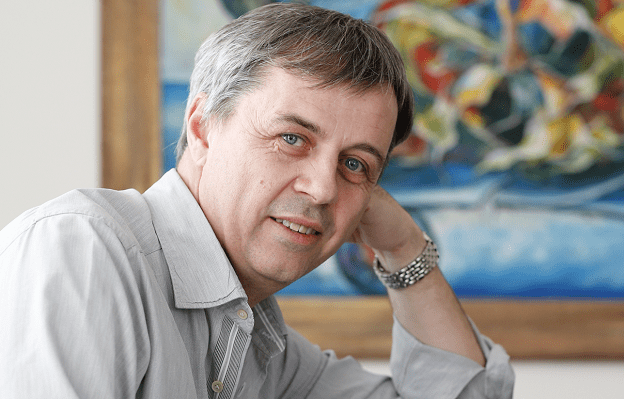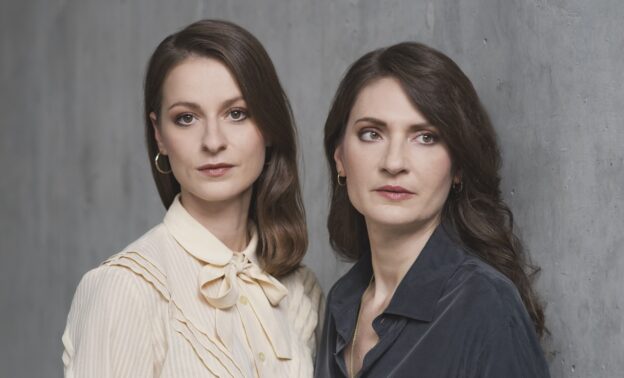Wie kam es zu dem Wunsch, Sängerin zu werden?
Ich komme aus einer Musikerfamilie und habe ich seit jüngstem Alter Musik gemacht. Solfeggio und Klavier begleiteten mich sehr lange, bis ich im Alter von 16 Jahren die Arie der Königin der Nacht hörte. Ich versuchte mich an den berühmten Teil des Pfeifregisters der Arie « der Hölle Rache » mit Tönen ab etwa dem 3-gestrichenen C, dem hohen C. Das war der Moment, in dem ich entschied, Opernsängerin zu werden. Read More →
Dirk Joeres, Sie haben bei Nadia Boulanger studiert und sind dem Publikum vor allem als Pianist und Dirigent bekannt. 2024 stellen Sie sich auch als Komponist vor. Wieso hat es so lange gedauert, bis Sie zum Komponieren kamen?
Während meiner Zeit als Pianist bzw. später als Dirigent habe ich gelegentlich musikalische Einfälle notiert, ohne die Absicht, daraus etwas zu machen. Dann kam die Corona-Zeit – es ab also keine Konzerte, und da habe ich mich dieser Skizzen erinnert und gefragt, ob die eine oder andere Entwicklungs-Potential habe. Und siehe da: einiges wuchs von vier oder acht Takten zu einer größeren Gestalt. So entstand die aktuelle CD. Read More →
Why has a French quartet decided to publish a complete set of Benjamin Britten’s quartets?
It’s true that while English musicians have been playing Britten’s music since the Conservatoire, his chamber music is virtually unknown in France; we hear little more than his operas and even Christmas Carols, the jewel in the crown of the children’s choir repertoire. It’s rare for true masterpieces to fly under the radar, but I think that’s the case with Britten’s string quartets! Read More →
Sie haben auf Ihrer CD seltene, frühe Sonaten von Johann Sebastian Bach eingespielt. Wie sind Sie auf diese aufmerksam geworden?
Im Jahr 2020 war ich in der Bibliothek des Mozarteums in Salzburg auf der Suche nach einem Stück aus der Barockzeit für meine Abschlussprüfung. Ich wollte etwas Besonderes finden und stieß auf mehrere Sonaten in vier verschiedenen Bänden. Read More →
Wie gut schreibt der Symphoniker Bruckner für die Stimme und insbesondere für den Chor?
Ich glaube, es ist wichtig zu betonen, dass Bruckner aus der Chortradition kommt. Er war Sängerknabe in Sankt Florian in Linz und hat auch da seine Organisten-Ausbildung erhalten. Er kommt somit wirklich aus der Kirchenmusik und hat schon in jungen Jahren für Chor, Chor und Orchester sowie Chor und Orgel geschrieben. Dazu war er ein fanatischer Kontrapunktist. Read More →
How well does the symphonist Bruckner write for the voice and especially for the choir?
I think it’s important to emphasize that Bruckner comes from the choral tradition. He was a chorus boy in St. Florian and also trained as an organist there. So he really came from church music and wrote for chorus, chorus and orchestra as well as chorus and organ from an early age. He was also a fanatical counterpoint player, I would say. Read More →
Why Shostakovich and why the Viola Sonata?
The Viola Sonata is the composer’s only work for solo viola. It is very personal, written by Shostakovich in the last days of his life. He dedicated it to Fyodor Druzhinin, the violist of the Moscow-based Beethoven Quartet. He remained in close contact with the members of the ensemble throughout his life, dedicating virtually all of his string quartets to them. Next year will be the 50th anniversary of Shostakovich’s death, and I would like to pay tribute to his life’s work with this recording. Read More →
You defend the great symphonic and operatic repertoire as well as contemporary music, both of which appeal to audiences that are still much divided. Do you see a rapprochement between the audiences for Mozart and Gounod and those for Georges Aperghis or Gérard Grisey?
It’s hard to talk about a rapprochement between audiences, but I would say there is a difference. Some audiences are ready to listen to everything, others are not; some are curious, others are not; some only appreciate today’s music, sometimes more out of snobbery than real interest. It’s not impossible to go from baroque to contemporary, since this is more an intellectual than a musical domain. Read More →
Alfred Huber, Sie untersuchen mit Studierenden des Studiengangs Medientechnik und Design Bachelor der FH Oberösterreich in Hagenberg die Frage, ob nicht-vokale klassische Musik eine politische Botschaft vermitteln kann. Gleichzeitig schreiben Sie an einer Symphonie zum Thema Widerstand gegen den Faschismus. Damit haben Sie die Frage ja eigentlich schon beantwortet. Oder ist die Sache nicht so einfach?
Die Frage ist zu allererst, was ich grundsätzlich übermitteln will und was ich übermitteln kann. Kunst kann ja keine Fragen beantworten, sondern bestenfalls stellen. Was kann Musik im Wesentlichen aussagen? Wir denken, dass eine explizite Aussage mittels Musik gar nicht möglich ist. Und hier kommt die FH Oberösterreich, an welcher mein Sohn Johannes studiert, ins Spiel. Zur Symphonie entsteht gleichzeitig auch ein Film, sozusagen die Illustration des Inhalts. Read More →
Auf Ihrem Album ‘Schwarze Erde’ setzen Sie die ungarische mit der austro-deutschen Liedtradition in Beziehung zueinander. Wie kamen Sie auf diese, auf den ersten Blick eher ungewöhnliche Kombination?
Corinna Scheurle (CS): Ich bin zweisprachig aufgewachsen, meine Mutter ist Ungarin. Ich wurde in Deutschland geboren, bin dann aber in Österreich groß geworden, insofern sind mir alle drei Kulturen und Sprachen vertraut. Als ich anfing, das ungarische Volks- und Kunstliedrepertoire zu erforschen, merkte ich, wie wunderbar und besonders und wie demzufolge zu Unrecht unterrepräsentiert diese Musik ist. Ich möchte gerne meinen Beitrag dazu leisten, dieses Repertoire öfter zu Gehör zu bringen. Read More →




